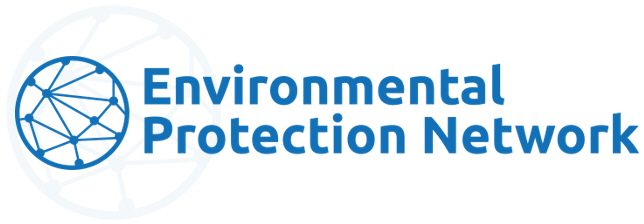Scientific Integrity Promotes the Best Science and Informs the Public of Regulatory Policy Decisions
Thomas H Sinks, Elizabeth Southerland, Jennifer Orme-Zavaleta, William Jordan
Abstract
Scientific integrity policies and procedures promote academic and institutional environments where high quality and objective science can be conducted and results communicated to the public. Scientific integrity includes best practices for scientists as well as those who supervise, manage, or influence scientific activities and communications. Scientific integrity policies assure that research is objective whether-or-not it is used in evidence-based policy decisions. These policies remain vulnerable to those who would suppress, manipulate, or discredit scientific evidence to promote their own interests. The public is best served when scientific integrity policies are embraced and when the rationale behind policies and regulations are openly communicated. We summarize scientific integrity principles, document how different administrations have embraced or disregarded them, and illustrate how policies that may not align with scientific evidence should be communicated to the public. We also provide recommendations for how to strengthen scientific integrity practices, thereby securing objectivity and accurately informing the public on the rationale for policy and regulatory decisions.
Read the full paper.

